The Israeli military and a security source in Lebanon said Ibrahim Aqil was killed along with other senior members of Hezbollah's elite Radwan unit in the air strike, sharply escalating the year-long conflict between Israel and the militant group.
Hezbollah confirmed Aqil's death in a statement shortly after midnight, calling him "one of its top leaders" but providing no details on the cause of his death.
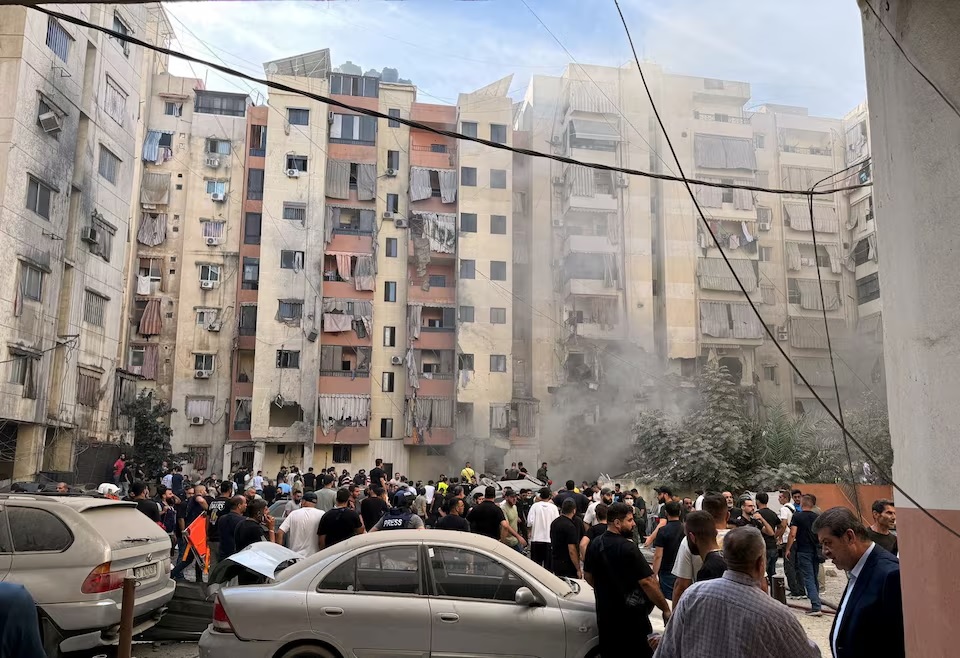
The site of an Israeli airstrike in the southern suburbs of Beirut, Lebanon. Photo: Reuters
Lebanon's health ministry said at least 14 people were killed in the airstrike and the death toll was expected to rise as rescue teams worked through the night. It was not immediately clear whether the death toll included Aqil and other Hezbollah commanders.
A second security source said at least six other Hezbollah commanders were killed when multiple rockets hit the garage door of a building. The blast destroyed the lower floors of the building as Akil met with other commanders inside. Witnesses said they heard loud sirens and multiple explosions at the time of the attack.
In a brief statement reported by Israeli media, Israeli Prime Minister Benjamin Netanyahu said Israel's goals are clear and its actions speak for themselves.
Defense Minister Yoav Gallant posted on X: "The sequence of actions in the new phase will continue until our goal is achieved: the people of the North can return home safely."
The Israeli military described Aqil as the acting commander of the Radwan special forces unit and said it killed him along with about 10 other senior commanders when they met. Aqil was also a member of Hezbollah's high military council, according to Lebanese sources.
According to the US State Department website, Aqil had a $7 million reward for his killing in connection with the deadly bombing of US Marines in Lebanon in 1983.
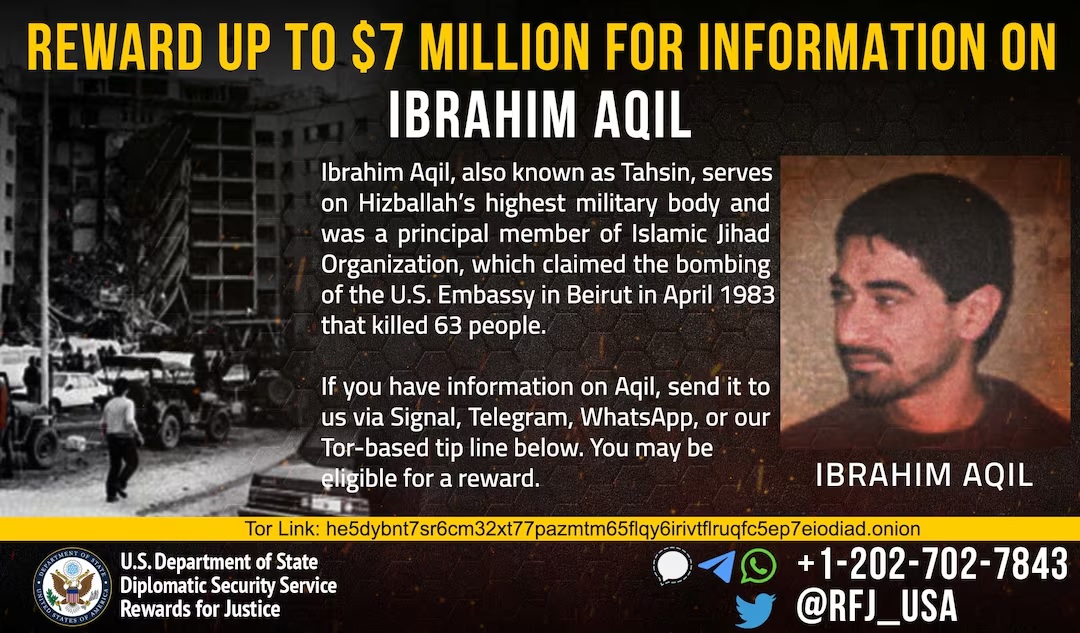
Ibrahim Aqil appears on a wanted poster circulated by the US State Department's "Rewards for Justice" unit. Photo: US State Department
The attack dealt another blow to Hezbollah just two days after a series of pagers and walkie-talkies used by members of the group exploded, killing 37 people and wounding thousands.
Local television stations showed large groups of people gathered near the site searching for people who had been nearby and were still missing, most of them children. Drones were still flying over the southern suburbs of Beirut hours after the attack.
"We are not afraid, but we want a solution. We cannot continue with the country like this," said Alain Feghali, a Beirut resident. "War? I don't know if it has started, but there is no peace of mind. It is clear that neither side will stop."
The UN special coordinator for Lebanon, Jeanine-Hennis Plasschaert, said Friday's attack in a densely populated area on Beirut's southern outskirts was part of "an extremely dangerous cycle of violence with devastating consequences. This must end now".
The Iranian embassy in Lebanon said it "condemns in the strongest terms the Israeli madness of crossing all boundaries by targeting residential buildings in the southern suburbs of Beirut".
Hoang Anh (according to Reuters, AP, AJ)
Source: https://www.congluan.vn/chien-su-tiep-tuc-leo-thang-khi-israel-khong-kich-khien-hang-loat-chi-huy-hezbollah-thiet-mang-post313233.html




![[Photo] Buddha's Birthday 2025: Honoring the message of love, wisdom, and tolerance](https://vphoto.vietnam.vn/thumb/1200x675/vietnam/resource/IMAGE/2025/5/12/8cd2a70beb264374b41fc5d36add6c3d)

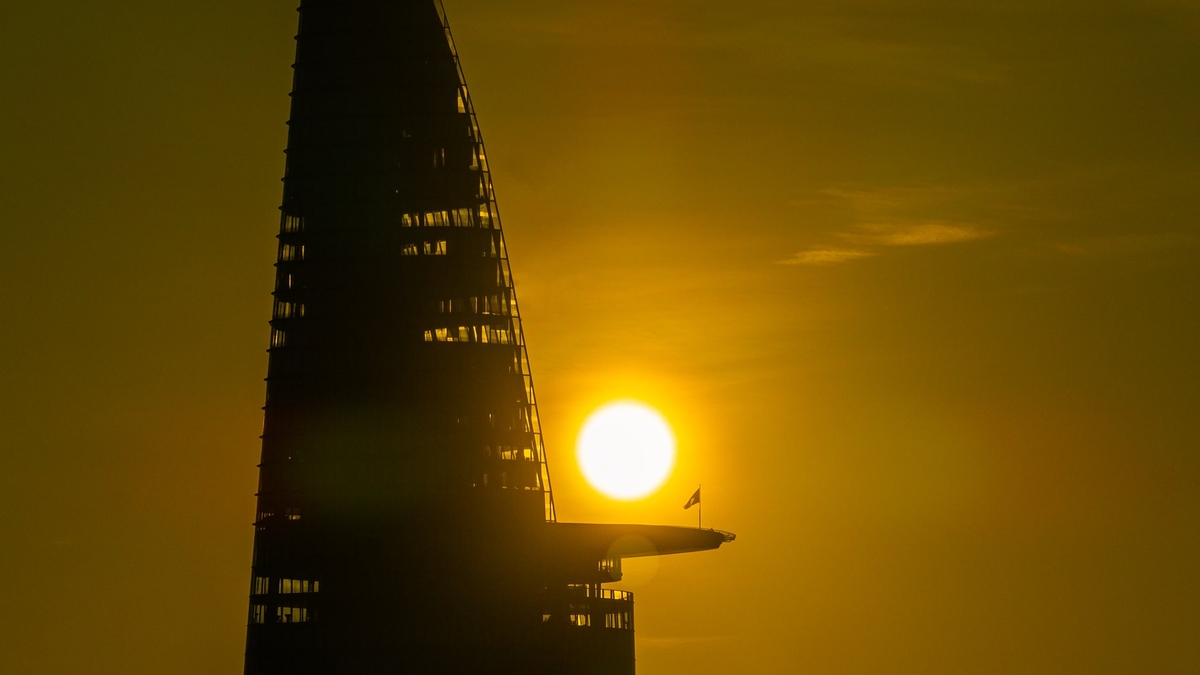

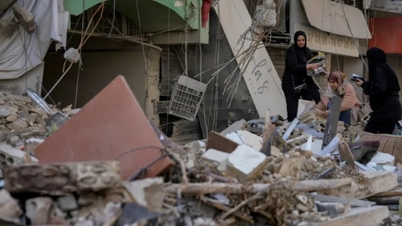

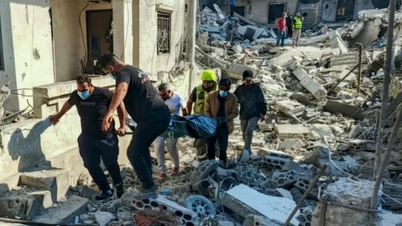


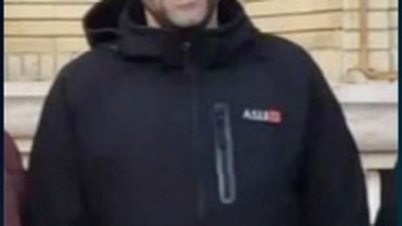




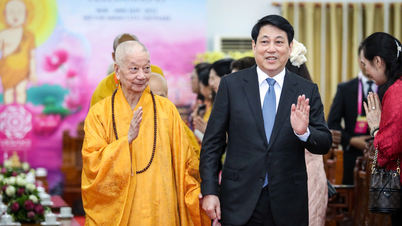
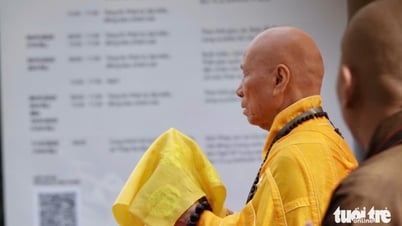
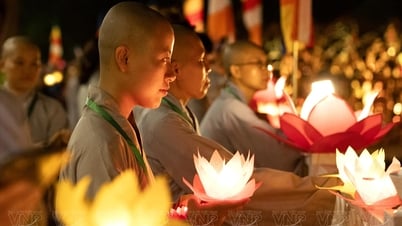
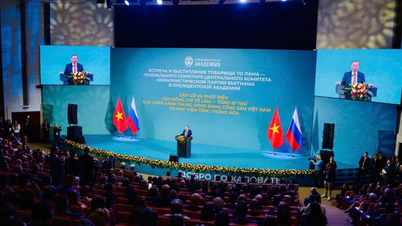










![[Photo] General Secretary To Lam meets and expresses gratitude to Vietnam's Belarusian friends](https://vphoto.vietnam.vn/thumb/1200x675/vietnam/resource/IMAGE/2025/5/11/c515ee2054c54a87aa8a7cb520f2fa6e)
![[Photo] General Secretary To Lam arrives in Minsk, begins state visit to Belarus](https://vphoto.vietnam.vn/thumb/1200x675/vietnam/resource/IMAGE/2025/5/11/76602f587468437f8b5b7104495f444d)
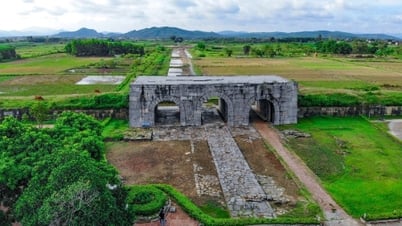









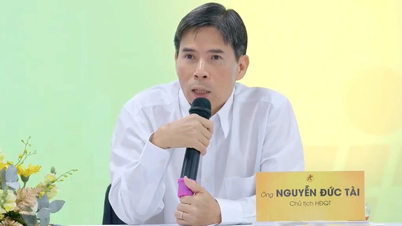











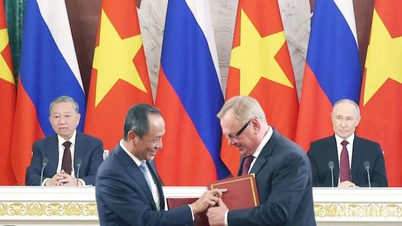




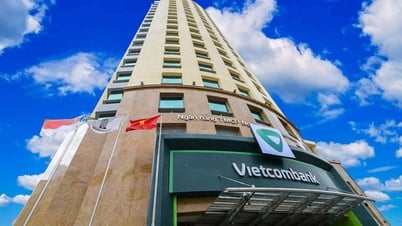

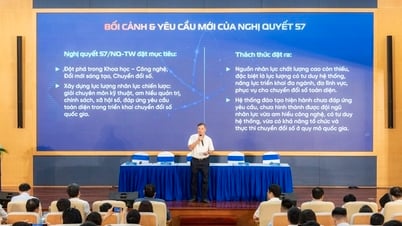



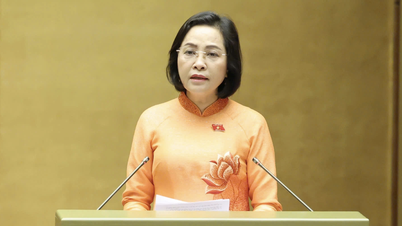


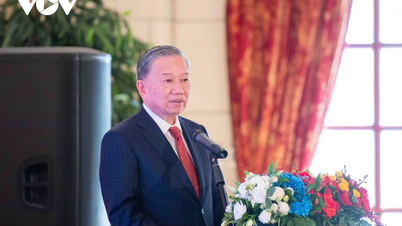

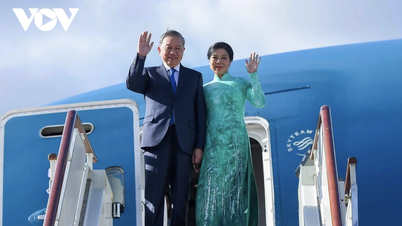
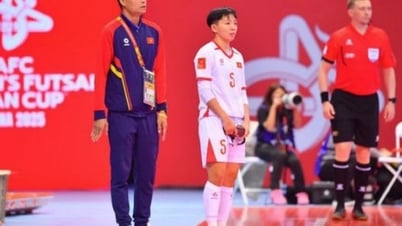


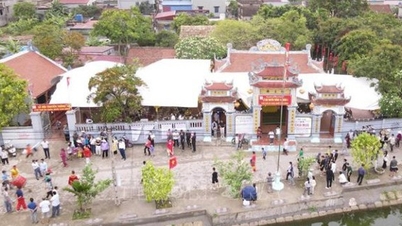




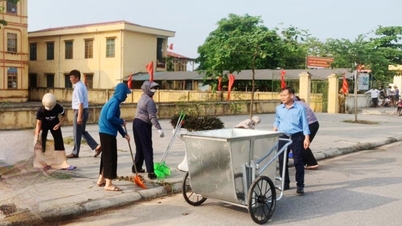

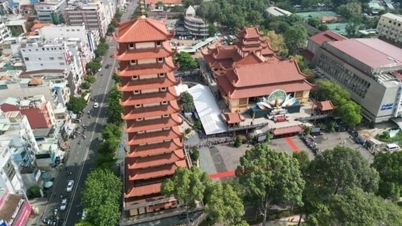


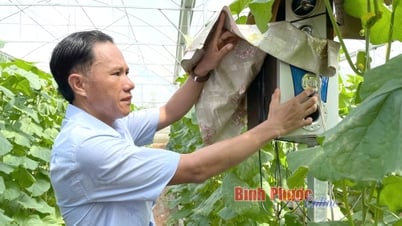

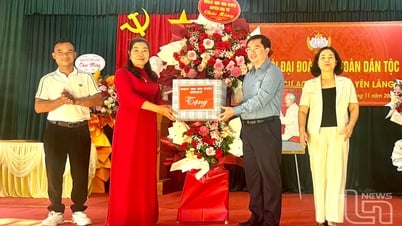

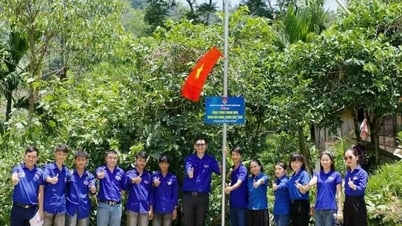











Comment (0)